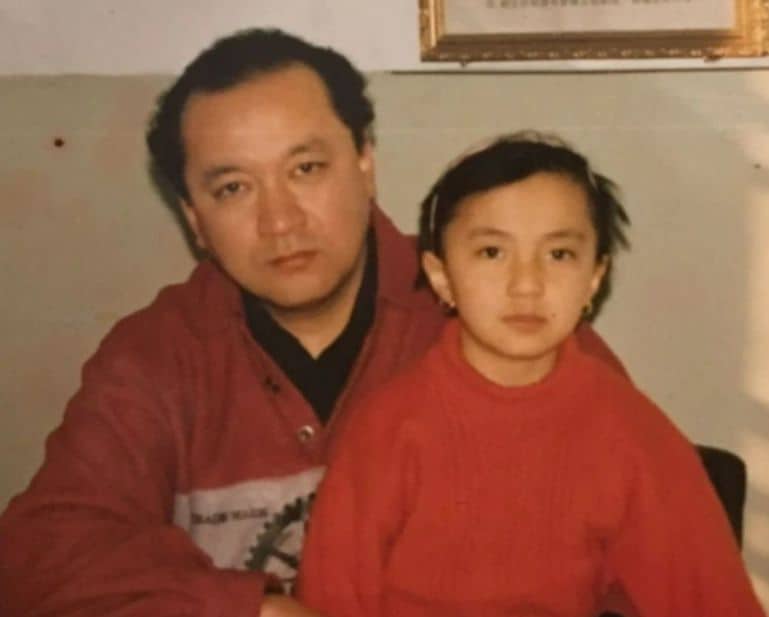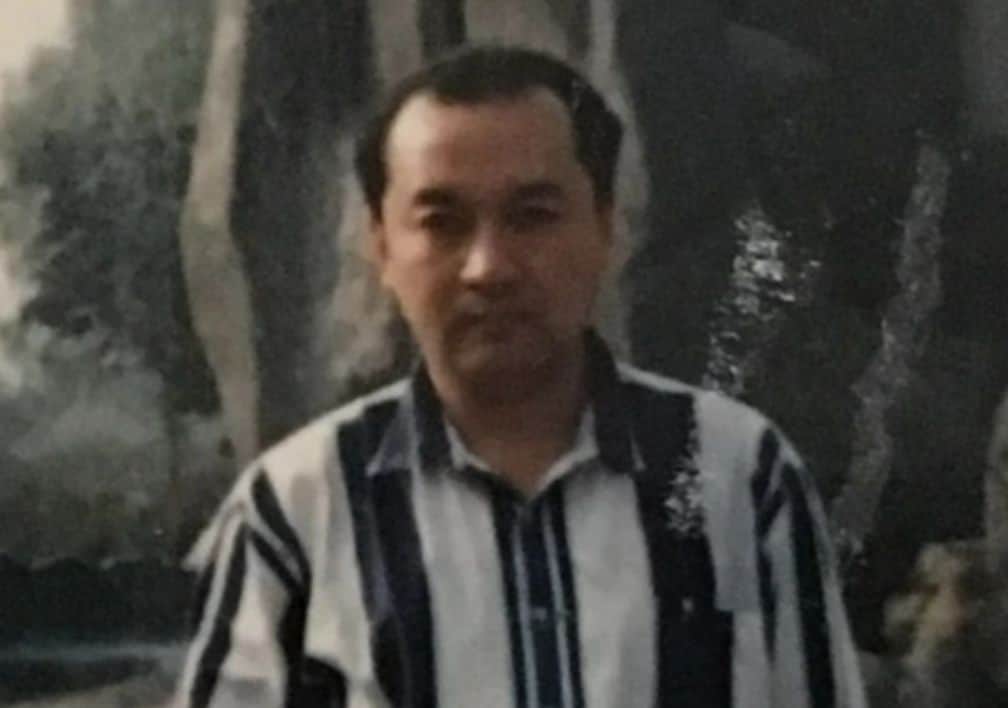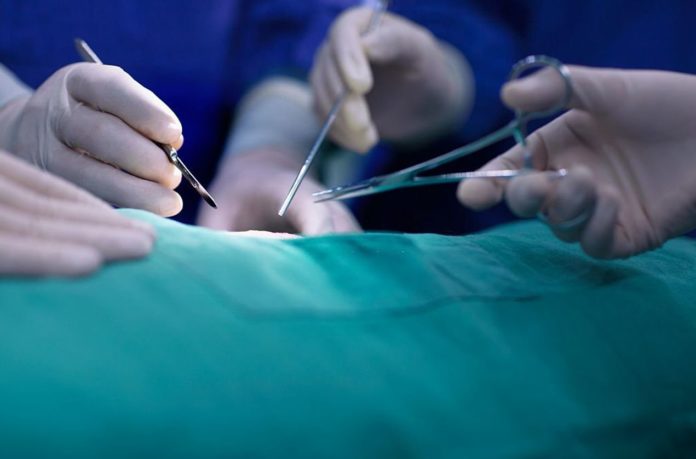He was hustled into a minivan and driven to a hidden location, where he was forced to remove a patient’s liver and kidneys without Anesthesia.
Enver Tohti, 58, worked as a cancer surgeon in the Xinjian region in the 1990s before being forced to abandon the land he loved due to threats from the Chinese communist government.
He was 32 years old when he was summoned in front of his chief surgeon in August 1995 and asked if he wanted to “do something wild.”
Dr. Tothi was bundled into a minivan and driven to a hidden location where he was forced to remove a patient’s liver and kidneys while fighting for his life.

And the doctor is only one of the hundreds of Chinese doctors who are being compelled to operate on executed prisoners against their will in a multi-billion-pound industry.
Thousands of political prisoners are reported to have been slain for their organs, which are subsequently sold on the underground market, and the Asian powerhouse has long been suspected of fostering the cruel practice.

Beijing is now being accused of employing the heinous practice to quiet its Uyghurs minority.
Dr. Tothi told The Sun that the day he was ordered to perform the horrific procedure will stay with him forever.
After he approached him with the “wild” proposition, his employer urged him to grab the “largest operation tools” he could find and meet outside the hospital gates the next morning.
In the middle of a scorching summer day, Enver was giddy with anticipation at what he believed to be an opportunity of a lifetime.
He boarded a minivan with seven people and set off for the Western Mountains, but Enver became concerned when the car took a left onto an unknown dirt road.
“We turned left towards the mountains and down that road,” he told the Sun, he “had never been to.
“That’s when I asked the driver ‘where are we going?’ and he said: “We are going to the Western Mountains execution grounds”.
“I was so scared because I thought they were going to shoot me because I was the only Uighur in that team and no one else had been there except for our driver.”
The team of medics arrived at the Ürümqi execution grounds two hours later, when they were greeted by Enver chief surgeon, who told them to wait and come around once they heard gunshots.
“Then we started hearing sounds from the other side of the hill of people shouting and truck engines and whistles then gunshots,” he said.
“That gunshot wasn’t like a machine gun shooting, it was like many rifles shooting at the same time.”
The squad hopped into the van and drove around to where “at least 10 corpses… lying down on the slope, around two to three meters apart in prisoner uniforms.
“These bodies were shaved and part of the head was blown away because the bullet entered from the back of the head.
“We were just looking at the bodies with no emotions then there was a police officer shouting at us, telling us to go to the far right.
“The chief surgeon was there and there was a body lying down there. This body was wearing civilian clothes and with long hair – a man – and his head was intact because the gunshot was to his right chest.
“While they put this body into the van, my chief surgeon called me over and briefed me. He told me to remove his liver and kidneys as quickly as possible.
“I then turned into a robot… When I tried to cut, the man was struggling.
“His body was struggling against me so I assumed he was alive because obviously feeling the pain and when I cut through I saw there was bleeding, which means the heart was still pumping blood.”
Enver handed over the organs to his chief surgeon at the end of the operation and was urged to remember like “today never happened.”
“Everybody living in China knows what that means and we said yes. We never talked about it,” the surgeon turned Uber driver who now lives in London said.
“It always is in my head. I tried to forget about it, but I couldn’t.”
According to medical authorities, China is the world’s organ harvesting hub, with 100,000 transplants performed each year.
Following international pressure, the country agreed to improve its transplant system in 2007 and to halt the practice of obtaining organs from condemned inmates in 2015.
Despite this, the heinous practice persisted, with world-first research revealing that over 400 questionable organ transplants were performed between 2000 and 2017.
They suspect scientists utilized dead inmates’ hearts, lungs, or livers, and even authored scholarly articles about it, which were later published in English language medical publications.
The despicable practice is also claimed to have brought billions of dollars into Chinese coffers and has made China a must-visit destination for organ hunters.
Professor Martin Elliot, a heart transplant surgeon and member of the China Tribunal, described China’s organ harvesting industry as a “money-making exercise.”
“It was a sort of commercial venture and they were [hospitals] encouraged, as was the military, to make money out of pretty much every aspect of their work in the early part of the 2000s as part of the reformation of the Chinese economy.”
“In the UK, Australia and in the US, you’d be waiting months or years for an organ.
“But in China you could call up an agency and book a date, basically, this week or next week and there’d be spares if it didn’t work.
Image Credit: Getty
You were reading: China forces young doctor to perform “wild” surgery on a living patient
